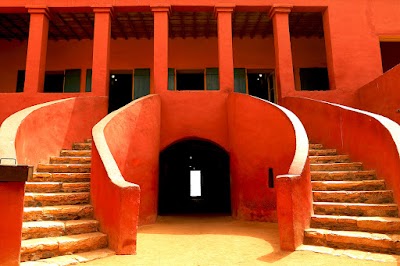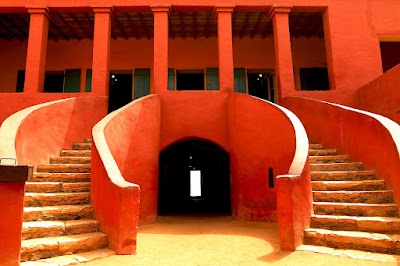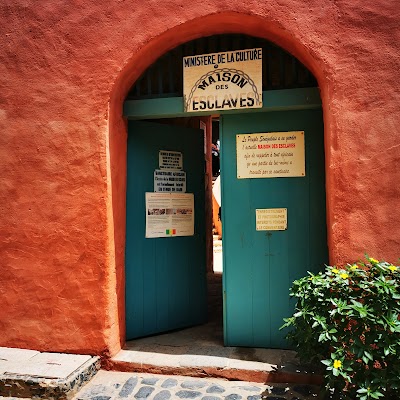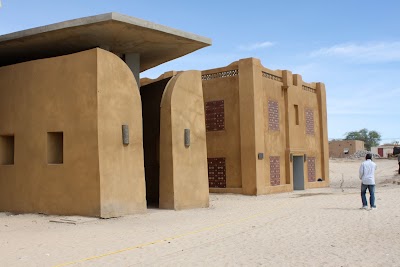Maison des Esclaves (منزل العبيد)
Overview
Maison des Esclaves: A Historical Reflection
Maison des Esclaves, or the House of Slaves, is an extraordinary historical site located in the Taoudénit Region of Mali. As a poignant reminder of the region's integral role in the trans-Saharan slave trade, this site offers visitors from around the globe a solemn yet enriching experience.
In the heart of the vast Sahara Desert, the Maison des Esclaves stands as a concrete link to a past where Taoudénit was a significant center of trade and human suffering. Established in the 16th century, this house played a crucial role in the trans-Saharan trade routes that connected West Africa to North Africa and beyond. During its operational years, it served as a holding and trading place for individuals forcibly taken from their homes and communities.
A Glimpse into the Past
The history of the Maison des Esclaves is deeply intertwined with the broader narrative of slavery in the region. The building functioned as a temporary residence for enslaved individuals before they were dispatched along the arduous and often deadly journey across the desert. Inside, visitors can observe the cramped and dark quarters where captives were kept, providing a stark visual lesson on the inhumane conditions they endured. Each corner of the house echoes the stories of countless individuals who passed through its walls, ultimately reshaping lives across various continents.
This historical site is significant not just for Mali but also for understanding global history. It sheds light on the networks and impacts of the slave trade that are often overshadowed by the Atlantic trade routes. The trans-Saharan route, less well-known yet equally brutal, involved thousands of slaves being transported on foot or by camel caravans to North African markets, where they were traded or sold to further destinations in the Middle East and beyond.
Emotional Weight and Educational Value
When visiting the Maison des Esclaves, tourists are often struck by the emotional weight of the site. Artifacts such as chains, shackles, and documents from that era are on display, providing an educational resource that helps visitors understand the scale and scope of the trans-Saharan slave trade. These exhibits offer a tangible connection to the past and prompt reflection on the resilience of those who suffered.
The building itself is a testament to the architectural styles of the period, featuring thick adobe walls designed to provide respite from the relentless desert heat. The simplicity of the construction belies the complex and harsh realities of life within its confines. Knowledgeable guides share stories and historical context, bringing the past vividly to life and helping visitors grasp the broader implications of the slave trade.
Engaging with the Local Community
One of the most compelling aspects of visiting Maison des Esclaves is the opportunity to engage with the local community. Many residents of the Taoudénit Region are descendants of those who were affected by the slave trade. Dialogue with them can provide deeper insights and personal perspectives that enhance the historical narrative, fostering a more comprehensive and empathetic understanding.
The Maison des Esclaves encourages all who visit to reflect on the themes of human rights, freedom, and the enduring impact of slavery on present-day societies. It serves as a powerful reminder of the past while advocating for a future committed to equality and justice. This makes it not merely a site of historical interest but also a valuable place for education and moral contemplation.
Planning Your Visit
For those interested in making the journey, it is recommended to plan ahead, considering the remote location and the need for adequate supplies and guidance. The harsh climate and terrain of the Taoudénit Region can present challenges, but with proper preparation, the trip can be profoundly rewarding.
In conclusion, the Maison des Esclaves is a deeply moving historical site that offers a unique and essential perspective on the trans-Saharan slave trade. It stands not only as a memorial to those who suffered but also as a beacon for future generations to learn from the past and strive towards a world free from oppression. As one of Mali's most significant historical and cultural landmarks, it invites visitors to step back in time and reflect on the lessons it seeks to impart.








